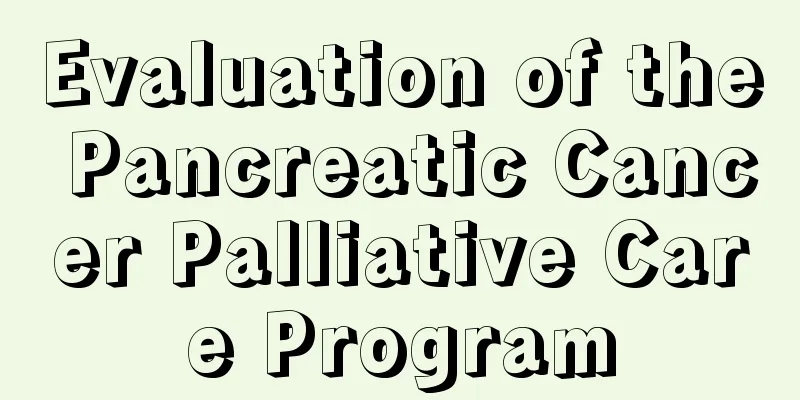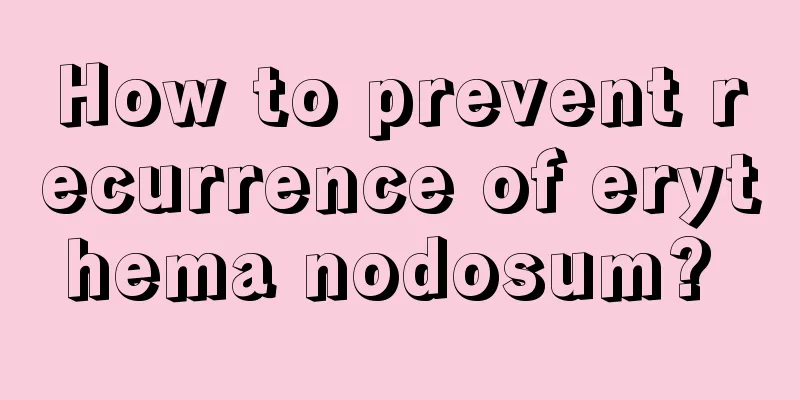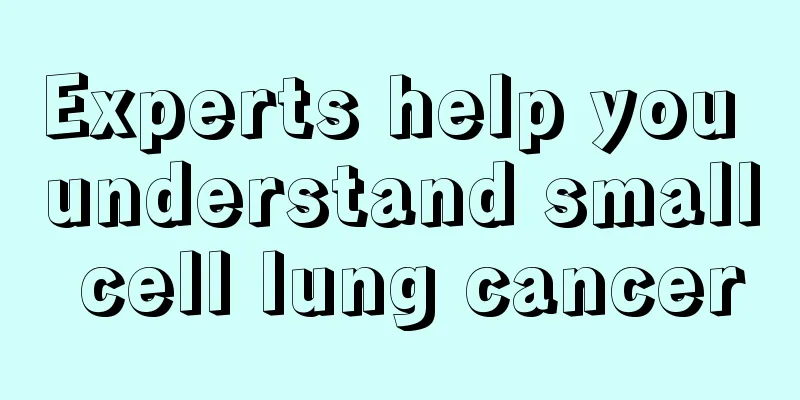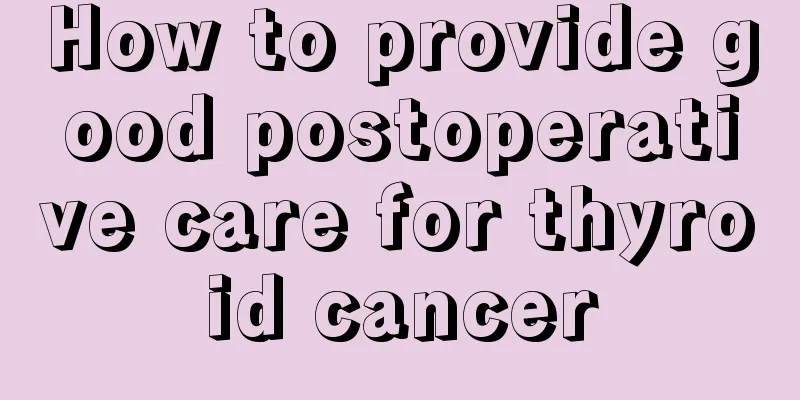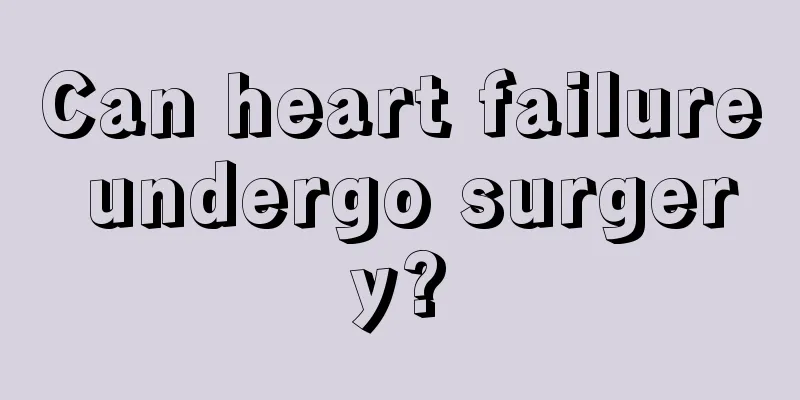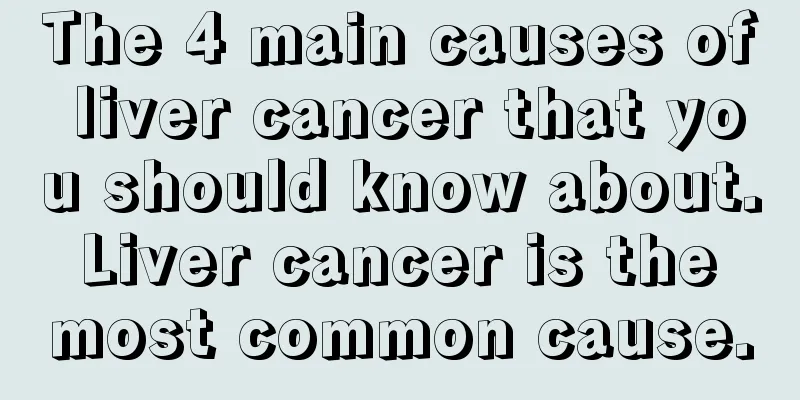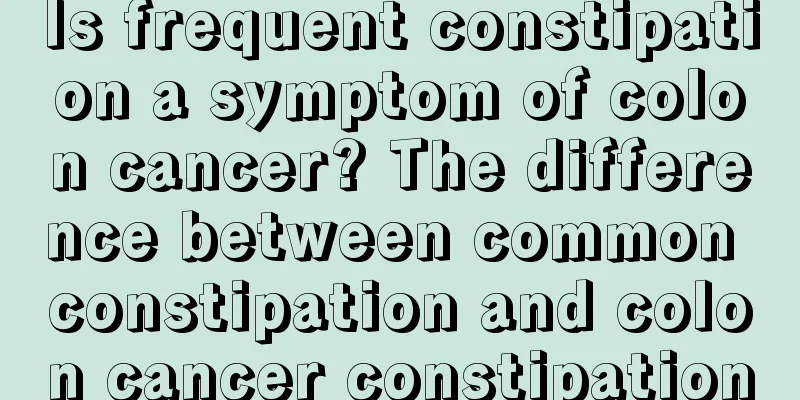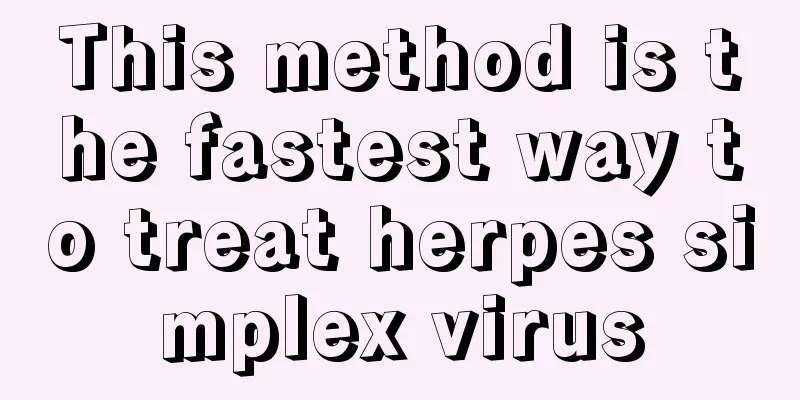Analysis of medication for tongue cancer in the elderly
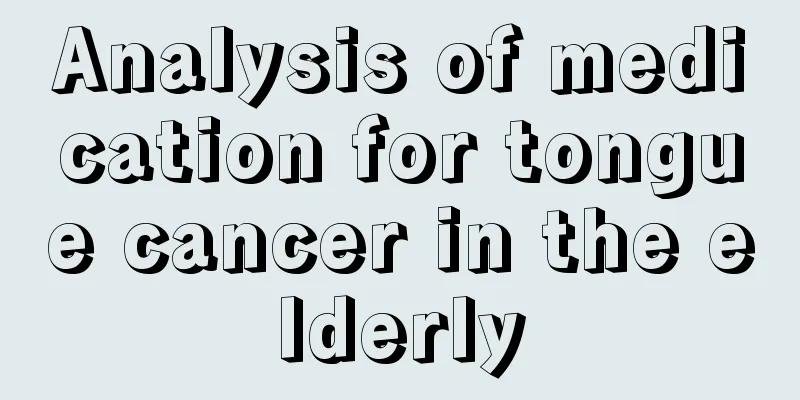
|
The elderly are a group prone to diseases. As their organs age, their resistance decreases year by year, and various diseases follow. The elderly are a special group, and there are differences in medication and treatment of diseases from young people, so they cannot be generalized. Tongue cancer is a common and high-incidence disease among ENT tumors. Today, I will introduce to you the medication issues for tongue cancer in the elderly. Traditional Chinese medicine treatment: Traditional Chinese medicine can make up for the deficiencies of surgical treatment, radiotherapy, and chemotherapy. It can not only consolidate the effects of radiotherapy and chemotherapy, but also eliminate the toxic side effects of radiotherapy and chemotherapy. Since tongue cancer belongs to the category of malignant tumors, clinical treatment of tongue cancer is mainly surgical treatment, and taking medications is not very effective. Generally, primary source resection and neck lymph node dissection should be performed, and radiotherapy or chemotherapy and biological immunotherapy should be combined before or after surgery. Early-stage, well-differentiated tongue cancer can be treated with radiotherapy, simple surgical resection, or cryosurgery. Advanced tongue cancer should be treated with comprehensive treatment, using radiotherapy plus surgery or triple (chemotherapy, surgery, radiotherapy) or quadruple (triple plus traditional Chinese medicine or immunotherapy) therapy according to different conditions. Biological immunotherapy: During clinical treatment with DC-CIK biological immunotherapy technology, two special functional cells of the human immune system that specifically deal with tumor cells are separated from the human peripheral blood: one is the DC cell, which is like a "radar" that can actively search and identify tumor cells, and transmit information to immune active cells to activate immune responses, enhance the body's immunity, and inhibit tumor generation and spread; the other is the CIK cell, which is like a "missile" that can accurately and targetedly kill tumor cells without damaging any normal tissues. At the same time, it is particularly good at clearing residual and tiny metastatic lesions, effectively preventing the recurrence and metastasis of cancer cells. Biological cell therapy technology uses DC-CIK cell therapy. DC cells are the initiators of the body's immune response and can induce a long-lasting and powerful specific anti-tumor immune response; CIK cells can eliminate tiny residual lesions in tumor patients through non-specific immune killing. Therefore, the organic combination of DC loaded with tumor antigens and CIK, namely DC-CIK cells, can produce specific and non-specific dual anti-tumor effects. The two have a certain complementary effect, and the combined application can achieve a "1+1>2" therapeutic effect. DC-CIK anti-cancer cell experiments show that the killing activity of DC-CIK cells in killing cancer cells is significantly higher than that of CIK cells, and is equivalent to the cancer cell activity of DC-CIK cells cultured by the PBMC collection method of a blood cell separator. Radiotherapy: It can be used as an adjuvant treatment before and after surgery for advanced tongue cancer. Surgical treatment: the main method of treating tongue cancer. For T1 cases, wedge-shaped resection more than 1 cm away from the lesion can be performed and sutured directly; for T2-T4 cases, hemiglossectomy or even total glossectomy should be performed. As an important organ for chewing and speech, reconstruction should be performed when more than 1/2 of the tongue is missing. For general surgical preventive anti-infection, sulfonamides (such as co-trimoxazole) or drugs that mainly act on Gram-positive bacteria (such as erythromycin, penicillin, etc.) are used. For surgeries with a large scope and simultaneous bone grafting or complex repairs, combination therapy is generally used. The most commonly used ones are: drugs that act on Gram-positive bacteria (such as penicillin) + drugs that act on Gram-negative bacteria (such as gentamicin) + drugs that act on anaerobic bacteria (such as metronidazole). For patients with severe infection before and after surgery, large surgical wounds, and complex repair methods, effective antibiotics can be selected based on clinical and drug sensitivity tests. Chemotherapy: Chemotherapy can be used before or after surgery. Because of its serious side effects, it should be used under the guidance of a physician and with close observation of blood counts. Cryotherapy can be considered for T1 and T2 tongue cancer. |
<<: Experts talk about medication tips for tongue cancer
>>: What medicine is good for tongue cancer in middle-aged people
Recommend
What to eat if you have esophageal cancer
Nowadays, people's living standards have impr...
What to do with heel gout
Heel gout is actually a phenomenon of joint pain,...
What are the effects of pure moxibustion sticks
During the Dragon Boat Festival, we can see moxa ...
How to prevent melanoma
If melanoma occurs, it is important to detect it ...
Revealing the 7 signs of a short life in the human body
1. Short arms A study says women with short arms ...
How to remove old oil stains from clothes
Getting oil stains on clothes is one of the most ...
Exercise is very important after colon cancer surgery
As the saying goes, "Life lies in exercise.&...
What will happen if thyroid cancer is not removed
If thyroid cancer is not removed, the disease may...
How to stir-fry pine nuts? It turns out there are four ways
Pine nuts are a specialty of the north. They are ...
X-ray manifestations of chondrosarcoma-like bone cancer
Chondrosarcoma is a malignant bone cancer that oc...
Is radiotherapy effective for small cell lung cancer? Yes
Radiotherapy is effective for small cell lung can...
What treatments are used after gastric cancer relapses
One quarter of the causes of death in my country ...
Why does the breast feel painful?
If you feel pain in your breast, you should pay a...
Is surgery necessary for gallstones?
Gallstones do not necessarily require surgery, an...
Side effects of too much massage
Massage is actually a way to help yourself reliev...
